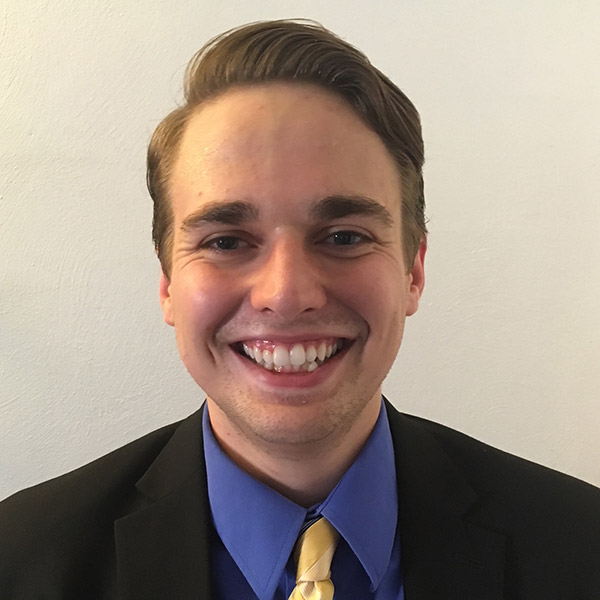Learn More About Our Team
Thanks to Our Team for All their Effort

Nuri Jacoby, MD
Co-Creator
Nuri Jacoby is an Associate Professor of Clinical Neurology at SUNY Downstate Health Sciences University and an attending neurologist at Maimonides Medical Center. He attended medical school at SUNY Downstate and then completed his residency and fellowship in clinical neurophysiology at Weill Cornell Medical Center. He is the associate clerkship director and associate program director at SUNY Downstate and he is passionate about both undergraduate and graduate medical education.

Daniel Shalev, MD
Co-Creator
Dan Shalev is an instructor in medicine and an instructor in psychiatry at Weill Cornell Medicine. He attended medical school at Weill Cornell Medicine and then trained as a psychiatrist at Columbia University Irving Medical Center where he was chief resident and completed his consultation-liaison psychiatry fellowship. He subsequently completed a hospice and palliative medicine fellowship through the bicampus New York Presbyterian-Cornell and Columbia fellowship program. His research focuses on interdisciplinary education and integration of care between psychiatry and other fields including palliative medicine and neurology. He has a long-standing interest in medical education research and workforce development.

Nicholas Sullivan
Content Contributor

Jonathan Howard, MD
Consultant

Ciara Caglio
Instructional Designer

Art Gevorgyan, IT
Full Stack Developer

Frasier Jacoby-Shalev
Neuropsychiatry dog champion
A picture is worth a thousand words. :)